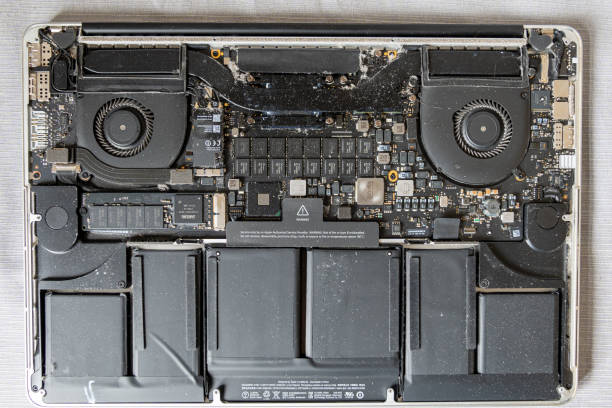The social media landscape is constantly evolving. New platforms are constantly emerging, and existing platforms are constantly changing. One of the biggest trends in social media right now is the move toward decentralization.
There are several reasons for this trend. First, there is a growing distrust of centralized social media platforms. These platforms are often accused of censoring user content, selling user data, and manipulating user algorithms. Second, there is a growing desire for more privacy and control over one’s data. And third, there is a growing interest in using blockchain technology to create social media platforms that are more transparent and decentralized.
So what major changes are coming to decentralized social media network?
1. Increased privacy and control over data.
One of the major benefits of decentralization is that users will have more control over their data. Users cannot control how their data is used or shared on centralized platforms like Facebook and Twitter. But on a decentralized platform, users can control who has access to their data and how it is used.
2. More transparent algorithms.
Another benefit of decentralization is that it will make social media algorithms more transparent. Currently, the algorithms that control what users see in their newsfeeds are opaque and often manipulated by the platforms themselves. But on a decentralized platform, the algorithms would be transparent and open to scrutiny.
3. Less censorship.
Another benefit of decentralization is that it would allow for less censorship. Because there would be no central authority controlling the platform, users would be free to post whatever they want. This could lead to a more open and free exchange of ideas.
4. Greater security.
Another benefit of decentralization is that it would make crypto social media platforms more secure. Because there would be no central server to hack, it would be much more difficult for hackers to access user data.
5. More user-friendly.
One final benefit of decentralization is that it would make social media platforms more user-friendly. Currently, many social media platforms are designed for advertisers, not users. But on a decentralized platform, users would be in control, leading to a more user-friendly experience.
What changes does blockchain bring to social media?
The social media landscape is constantly evolving. New platforms emerge every few years, and existing ones adapt to changing user behavior. The one constant is that social media platforms have become an integral part of our lives, providing a way to connect with others, share news and experiences, and stay up-to-date on what’s happening worldwide.
The latest platform to enter the social media landscape is blockchain. Blockchain is a distributed database that allows for secure, transparent, and tamper-proof transactions. This technology has the potential to disrupt several industries, including social media.
So what changes does blockchain bring to social media?
1. Increased security
One of the biggest concerns with social media is the lack of security. We’ve seen several high-profile data breaches in recent years, affecting millions of users. With blockchain, data is stored in a distributed database, making it much more difficult for hackers to access.
2. Tamper-proof
Another advantage of blockchain is that it’s tamper-proof. Once data is stored on the blockchain, it cannot be changed or deleted. This is a major improvement over existing social media platforms, which are vulnerable to censorship and manipulation.
3. Improved transparency
Blockchain also brings increased transparency to social media. Because data is stored on a public ledger, anyone can view it. This could help to reduce the spread of false information and fake news.
4. Decentralized
One of the most interesting aspects of blockchain is that it’s decentralized. This means that there is no single company or organization that controls the platform. Instead, it is run by a network of computers. This could make social media platforms more resistant to censorship and government regulation.
5. Tokenized
Another interesting aspect of blockchain is that it enables the tokenization of content. This means that users can be rewarded for creating and sharing content. This could provide a new revenue stream for social media platforms and help to encourage the creation of high-quality content.
These are just some of the ways that blockchain could change social media. It’s still early days for this technology, so it’s impossible to say definitively how it will impact the social media landscape. But one thing is certain: blockchain is here to stay, and it will change how we interact with social media.


